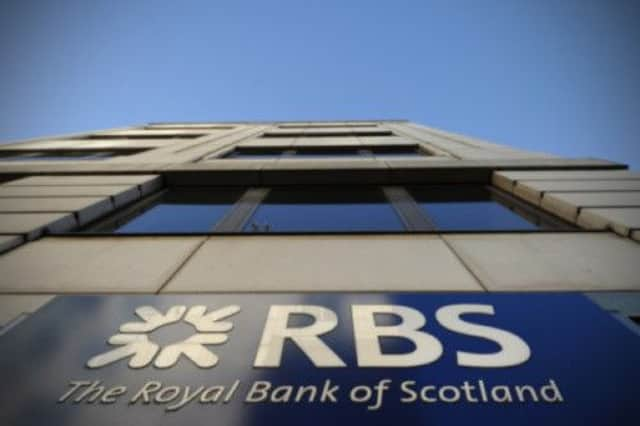Former chief of RBS backs ring-fence plan


Mathewson said he supported the UK Treasury’s decision to deal with toxic loans internally and not to split taxpayer-owned RBS into completely separate “good” and “bad” banks.
Reacting to the announcement at the end of last week that bad assets would be kept within the existing bank, Mathewson indicated that he thought that was the best way for RBS to move forward.
Advertisement
Hide AdAdvertisement
Hide AdMathewson’s position is at odds with other high-profile figures in the world of finance such as the former chancellor Lord Lawson of Blaby and Sir Mervyn King, the former Governor of the Bank of England, who believed that splitting the bank would be the most effective way of disposing with its bad debts.
Mathewson told Scotland on Sunday he did not believe in the creation of a “separate entity” and argued that the approach now being taken was in line with long-standing RBS strategy. “They always did have part of the bank which specialised in poor situations, with people who are qualified to do that,” Mathewson said.
Although Mathewson, who served as chief executive and chairman of RBS before the financial crash of 2008, approved of the route being taken by the bank, he acknowledged that it would be challenging in the current economic climate.
“It has always been RBS’s strategy not to dispose too quickly of things that are undervalued but rather to wait for them to gain in value. But, of course, in today’s world that tends to make life a little difficult,” Mathewson said.
Chancellor George Osborne believes that ring-fencing bad assets internally will help speed up their disposal. The move will cost the bank more than £5bn in upfront writedowns, but it is hoped it will free up new money to support the economy.
The Treasury’s decision not to go for the good/bad bank option has not been met with universal support. Andrew Tyrie, the Conservative MP who chaired the parliamentary commission into the banking sector, has called for a review.
The announcement of the strategy to deal with toxic loans saw RBS shares slump 7.5 per cent to 340 pence on Friday. It was one of a series of developments on Friday involving RBS, including Osborne’s admission that it was “unlikely” that the 81 per cent state-owned bank would be reprivatised before the 2015 general election.
And a report was published by Sir Andrew Large, a former deputy governor of the Bank of England, which was highly critical of RBS’s lending practices. Large’s report found a host of problems in the way RBS treats small and medium-sized enterprises – including long delays on approving loans and poor treatment of struggling borrowers.